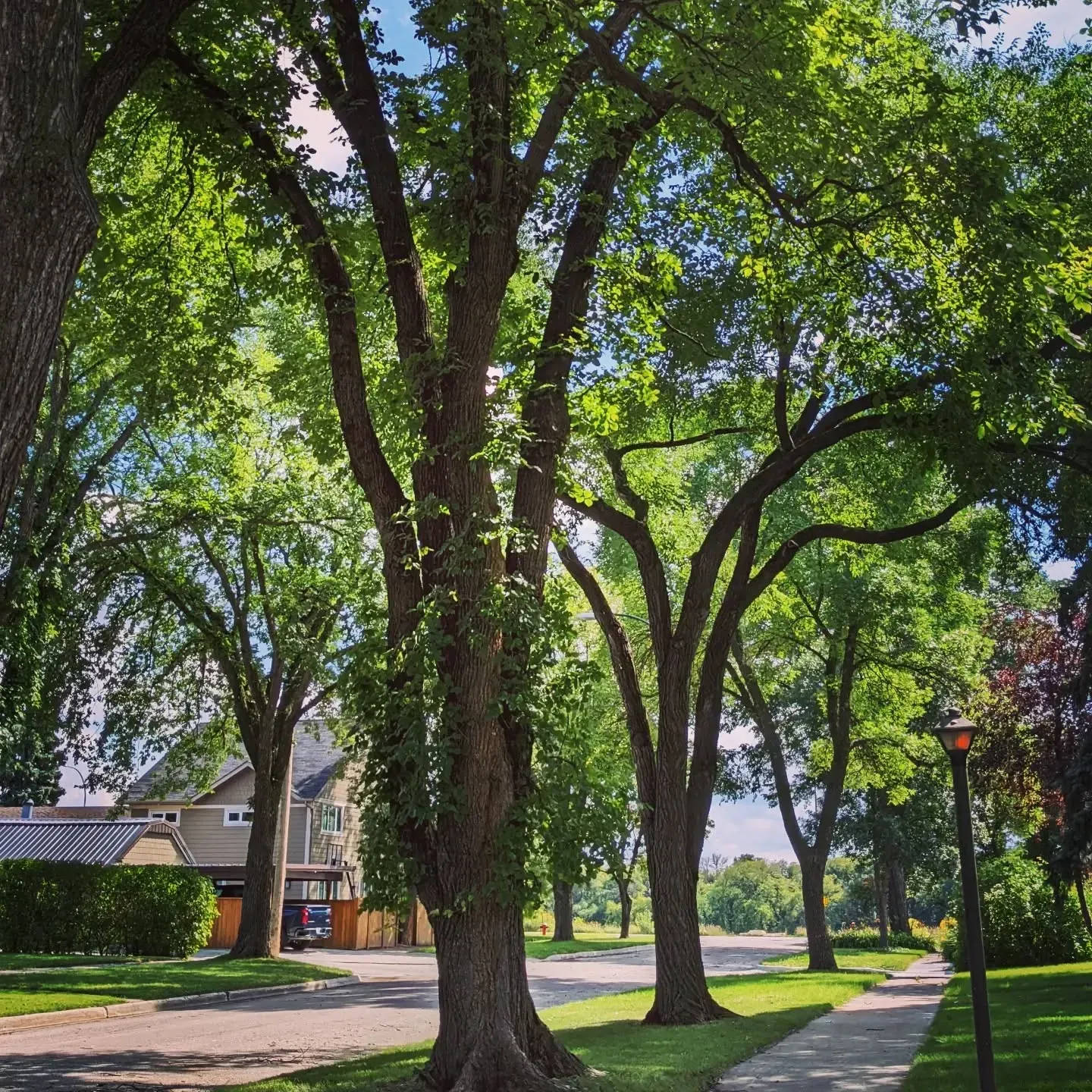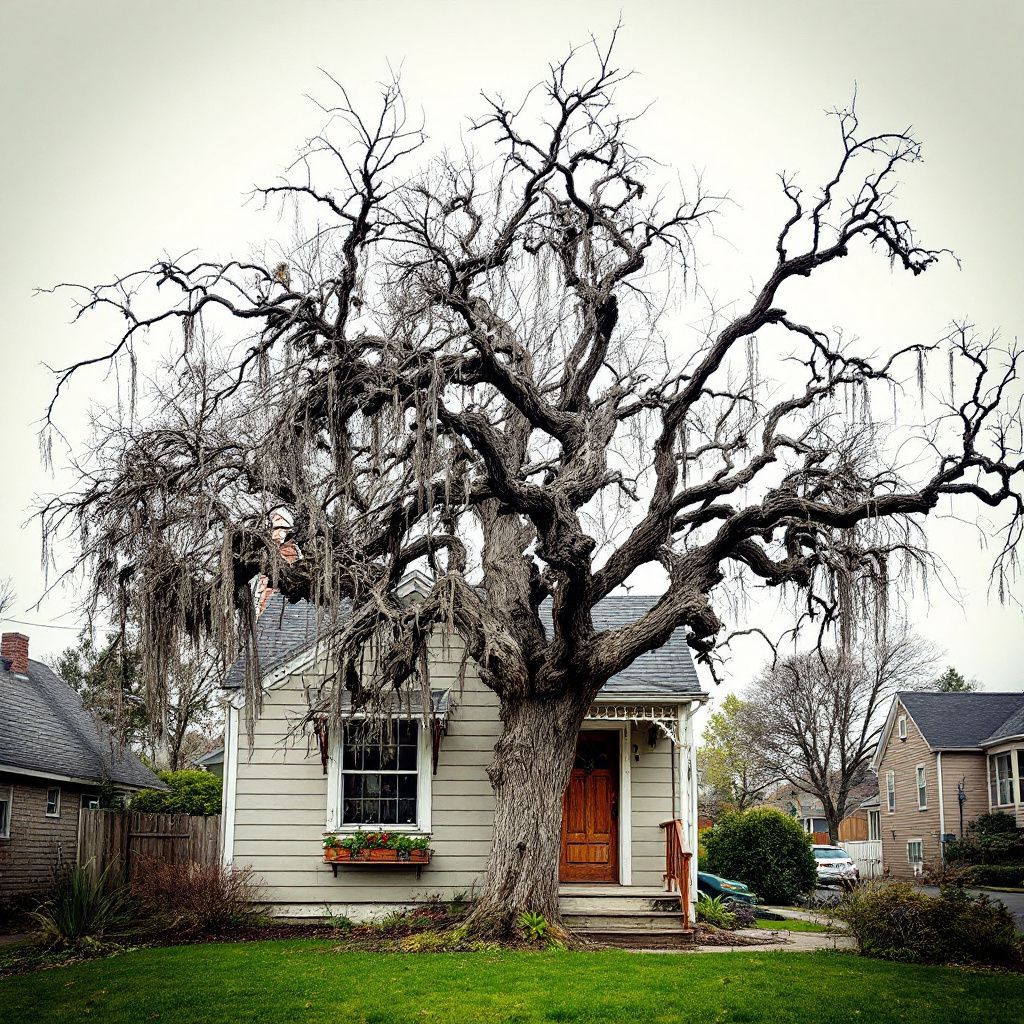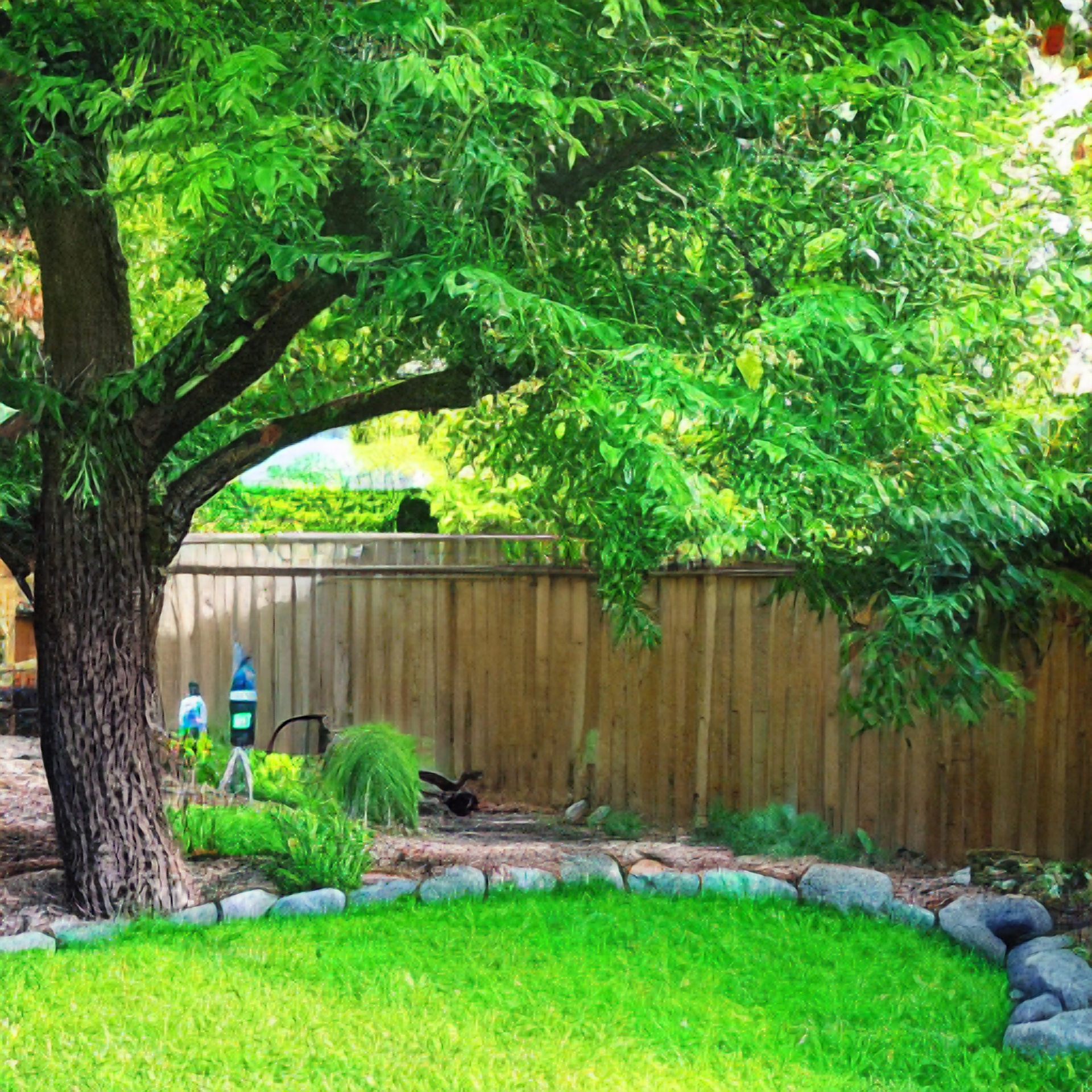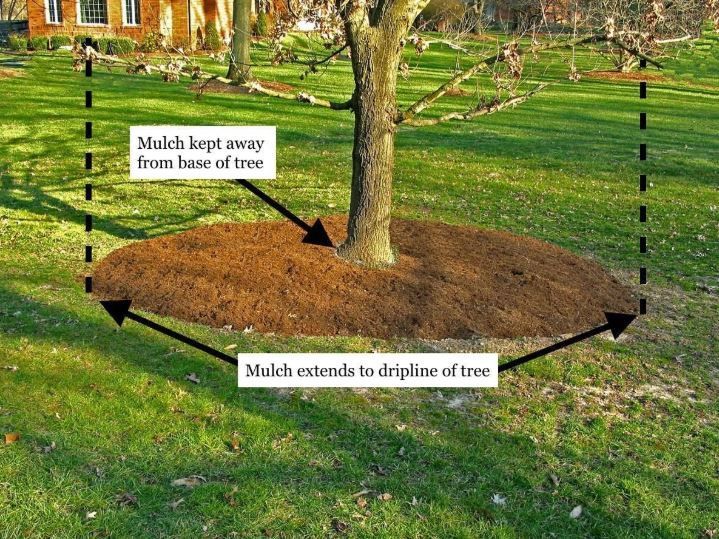The Environmental Benefits of Trees on Your Property
Trevor Soltys & Paul Kasper
Trees are more than just a beautiful addition to your property; they are powerful environmental allies that provide numerous benefits for both homeowners and the planet. From improving air quality to reducing energy costs and supporting local ecosystems, trees play a crucial role in maintaining a sustainable environment. Let’s explore how planting and maintaining trees on your property can have a positive impact.
Enhancing Air Quality
One of the most significant environmental benefits of trees is their ability to improve air quality. Trees absorb carbon dioxide and release oxygen through photosynthesis, making the air cleaner and healthier to breathe. Additionally, they filter pollutants such as nitrogen oxides, sulfur dioxide, and particulate matter from the atmosphere. By trapping dust and other airborne particles on their leaves and bark, trees act as natural air purifiers. This can be especially beneficial in urban areas where air pollution levels are higher.
Reducing Energy Costs
Strategically placed trees around your home can help lower energy costs by providing shade in the summer and acting as windbreaks in the winter. Deciduous trees, for example, offer cooling shade during hot months, reducing the need for air conditioning. In the winter, when these trees lose their leaves, they allow sunlight to reach your home, naturally warming it and reducing heating expenses. Evergreen trees, on the other hand, can serve as wind barriers, helping to prevent heat loss from cold winds. Studies have shown that homes with well-positioned trees can reduce energy consumption by up to 25%, leading to significant savings on utility bills.
Supporting Local Ecosystems
Trees provide essential habitats and food sources for birds, insects, and other wildlife. A single tree can support hundreds of different species, from pollinators like bees and butterflies to small mammals and birds that rely on trees for nesting and shelter. Native trees are particularly beneficial, as they support local biodiversity and create balanced ecosystems. By planting a variety of trees, homeowners can contribute to the preservation of local wildlife and promote ecological diversity in their area.
Preventing Soil Erosion and Managing Water Runoff
Another critical environmental benefit of trees is their role in preventing soil erosion and managing stormwater runoff. Tree roots help stabilize the soil, reducing the risk of erosion caused by wind and water. They also improve soil structure, allowing rainwater to be absorbed more effectively, which reduces the risk of flooding and water pollution. Trees act as natural sponges, filtering pollutants from rainwater before it reaches streams and rivers, thus protecting water quality.
A Sustainable Investment
Planting and maintaining trees on your property is an investment in both the environment and your home’s value. Trees can increase property values by up to 20%, as many homebuyers appreciate the aesthetic and functional benefits they provide. Beyond financial gain, planting trees is a long-term commitment to environmental sustainability, ensuring cleaner air, lower energy costs, and healthier ecosystems for future generations.
Conclusion
Trees offer immense environmental benefits that extend far beyond their visual appeal. They improve air quality, lower energy costs, support local ecosystems, and contribute to soil and water conservation. By planting and caring for trees on your property, you are making a meaningful contribution to a healthier and more sustainable world. Whether you plant a single tree or create a lush landscape, every tree counts in the effort to protect our planet.





All Rights Reserved | TreeSolve



